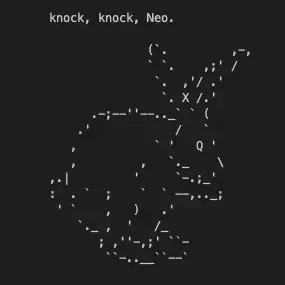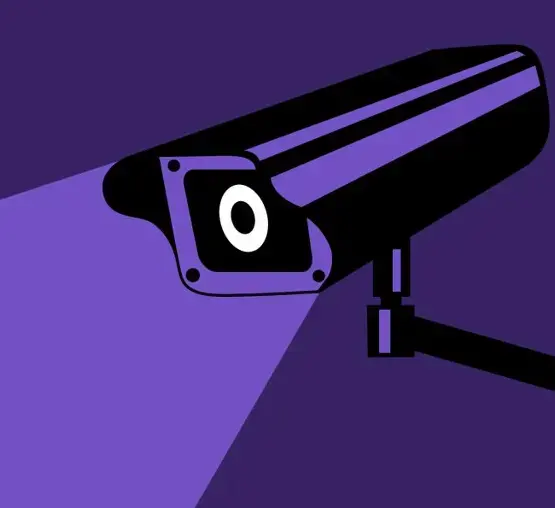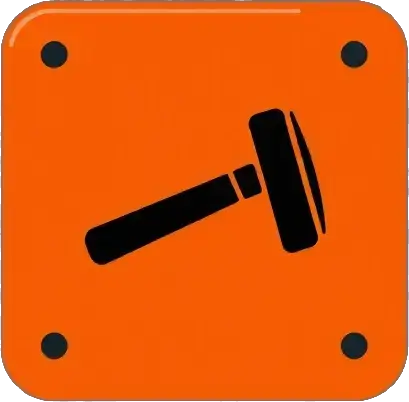

It also swings the other way. Young boys are getting red pilled by YouTubers and influencers like Andrew Tate and his ilk, and I would prefer those kids to learn who they are and how they relate to and fit into their community before being exposed to that sort of toxic content.
As others have said here though, the right tact here would have probably been to legislate away the algorithmic content feeds themselves instead of regulating kids having accounts. YouTube will still push related videos without an account, so I don’t see how this particular route helps at all.









Exactly. The only thing that I really have to add is that I personally draw the line between social media and other types of websites or internet services is whether the service is intended to be used anonymously or connected to a real identity. I’d further divide the anonymous stuff between whether they are intended to be used with handles or without an account at all.
Under that personal definition, I would not consider stuff like BBS, Usenet, forums, AIM, etc., to be social media.
I also wouldn’t consider Discord to be social media tbh, it’s a messaging application. If Discord is social media why isn’t iMessage?
Something like Twitter, BlueSky, or Mastadon could be social media depending on how you use them, but since many people do utilize them with accounts linked to their real identity I would consider them social media.
Then you have the obvious social media stuff like FaceBook, and LinkedIn.
Now that I’m typing this out, stuff like Insta, TikTok, Snap, etc., get weird. I would personally consider them social media, but tons of people use those apps with handles. Maybe in addition to the anonymous or real identity thing there’s also the consideration of whether the site or app is intended to connect you with people you know in meatspace or online.
Yeah, I guess the distinctions I personally use are becoming a bit meaningless now.